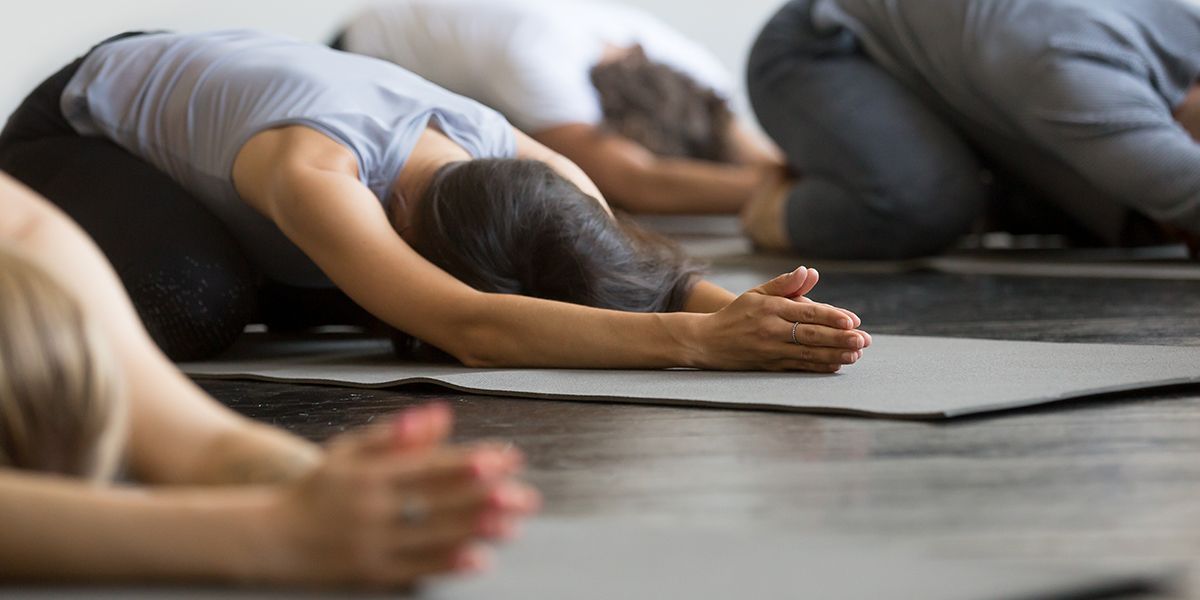What Is Yoga?
Varsha Kushwaha

Yoga is many things to many people. For some, it is just a physical exercise, while for others, it is their life’s greatest passion. Many practitioners enjoy the complex formulation and execution of breathing techniques and for others, it is simply a practical means of maintaining good health and wellbeing. Globally, the popularity of yoga in its many forms is growing, from the posture-based physical fitness and relaxation techniques more popular in western countries, to the more meditative and spiritual approach preferred in its traditional form in India. There is no one method and all have something to offer. Here, our aim is to simply understand more about yoga.
Yoga is much more than the physical practice of asanas. Regular practice of yoga helps us to grow mentally; we learn to control our desires so that they stop having a hold on us. Indeed, rather than controlling them, our cravings simply fall off the wayside, they no longer have the same appeal. Through yoga, we learn to lead a more balanced and regulated life, enabling us to notice what feels truly good for us and what does not. Without much effort, we begin to live a disciplined life naturally. Essentially, we are learning to connect with ourselves.
Through love and devotion enacted through the practice and action of Bhakti Yoga, we learn to experience love and share love all around. By remaining in a state of connection with the Source during all our routine actions, we interact and spread the Grace that we receive. Although this takes practice, it is nevertheless experienced by many on a daily basis – the mother cooking for her child, the gardener tending his garden, dancers and musicians absorbed in their practice – all who see God in whatever it is they are doing. In this Bhakti Yoga, you sense the love flowing, so immersed are they as they complete their tasks.
Through Karma Yoga we learn to do our work without self-interest or an ulterior motive. We learn to do for others, becoming more selfless and caring, working punctually and with discipline. Our actions display our noble selves through Karma yoga.
Jnana Yoga is the yoga of knowledge; it helps us to identify who we truly are. By allowing us to connect inwardly first, we then learn to recognize, see and connect to our ‘Higher Self’, something that we do not ordinarily know nor recognize in us. Through the use of right knowledge and wisdom of the mind we are equipped to progress along the path of self-inquiry (and finally realization), with Jnana yoga.
We learn to regulate our mind through the practice of Raja Yoga, by gently guiding our minds towards ‘right thinking’ and temperance. This enables us to walk the ‘natural path’ not likely to lead us astray. This is a very advanced form of yoga and in times past was practiced only by those yogis well-versed in the other forms of yoga first. Raja yoga is the combination of these other forms of yoga and leads us deeper into spiritual life.
So, along with a balanced life, yoga appears to endow us with a ‘superpower’, an enlightenment of ourselves. Each day we practice, we encounter something new that already existed within us, something we did not notice or see before. In this sense, we become ‘enlightened’ to our inner being and our own being-ness. Through discipline and devotion, we create harmony and an inner transformation. We come to understand the value of life, not only our own, but all life forms.
Suggested Read: Yoga – The perception of reality
Union of the inner self to the Higher Self, it means to completely know yourself. But yoga is not merely a word, it encompasses everything in the act of coming to ‘know’. Coming to know oneself and the world, and the connections in-between. It brings you peace with freedom from suffering, from confusion and doubt. It enables us to reach our goals more easily. With the help of yoga you can truly do anything because ‘what is impossible is possible by yoga’ – Appraptasya prapthi yoga.